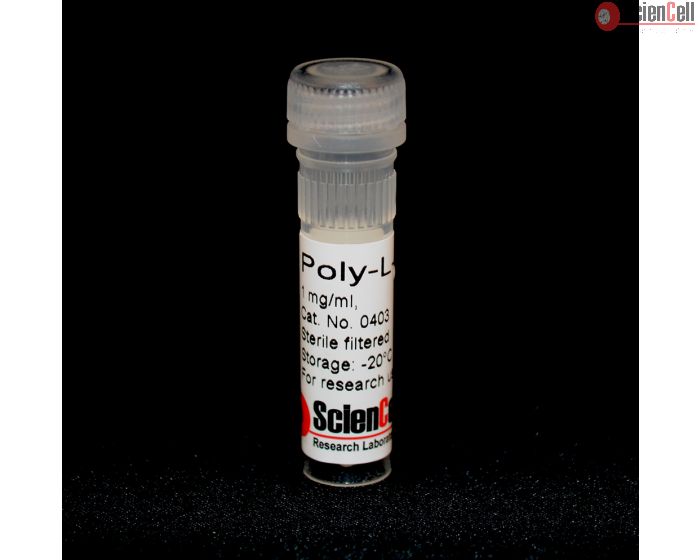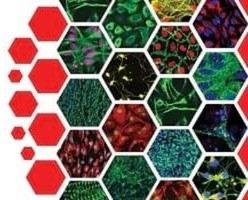Poly-L-Lysine, 1 mg/ml
Catalog No.
0403
Product is stable for at least 6 months from the date of receipt when stored at 2 - 8° C and is stable for at least 2 years at -20° C. Keep sterile.
Caution: If handled improperly, some components of this product may present a health hazard. Take appropriate precautions when handling this product, including the wearing of protective clothing and eyewear. Dispose of properly.
$19.00
In Stock

